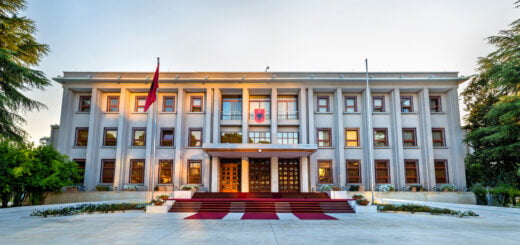European Commission to Review Malta’s Gaming Legislation
European Commission’s Examination of Malta’s Gaming Bill
The controversial Bill 55 in Malta, which aims to protect Malta Gaming Authority (MGA)-licensed operators from liability related to their gaming activities, is under the scrutiny of the European Commission. European Commissioner for Justice, Didier Reynders, has raised concerns about the compatibility of this legislation with EU law and has requested more information from the Maltese authorities.
European Commission’s Response
In response to a written question from German MEP Sabine Verheyen, the European Commission is evaluating the legality of Malta’s draft gaming bill in accordance with European law. The German politician inquired about potential links between the Maltese government and the island’s gaming industry, as well as any past cases of corruption. However, the Commission stated that it currently has no information regarding such links.
Possible Sanctions
Regarding the possibility of sanctions, the Commission has not provided a direct answer. The MEP questioned the Commission’s policy on infringement proceedings according to Article 258 in the Treaty on the Functioning of the European Union, which allows formal action against member states suspected of violating EU law. However, details on potential sanctions were not addressed in the response.
Details of the Controversial Malta Gaming Bill
Malta’s lawmakers approved Bill 55 in June, but it requires the approval of the European Commission to become law. The proposed bill aims to amend Malta’s gaming regulations, particularly by preventing courts from awarding damages to plaintiffs in cases involving activities permitted by the operator’s MGA license. Additionally, the bill seeks to provide legal protection to operators operating in the European grey market who have faced lawsuits related to their gaming activities.
Challenges and Implications
Some jurisdictions, such as Germany and Austria, have ordered operators to reimburse all losses to players in specific legal actions. However, some operators have refused to comply with these court orders, citing European freedom of services and questioning the compatibility of the operator’s local licensing regimes with European law.
The European Commission’s examination of Malta’s gaming legislation will have significant implications for MGA-licensed operators and the European gaming industry as a whole. The evaluation of the bill’s compatibility with EU law and its potential consequences for operators in the grey market will be closely monitored by stakeholders.





